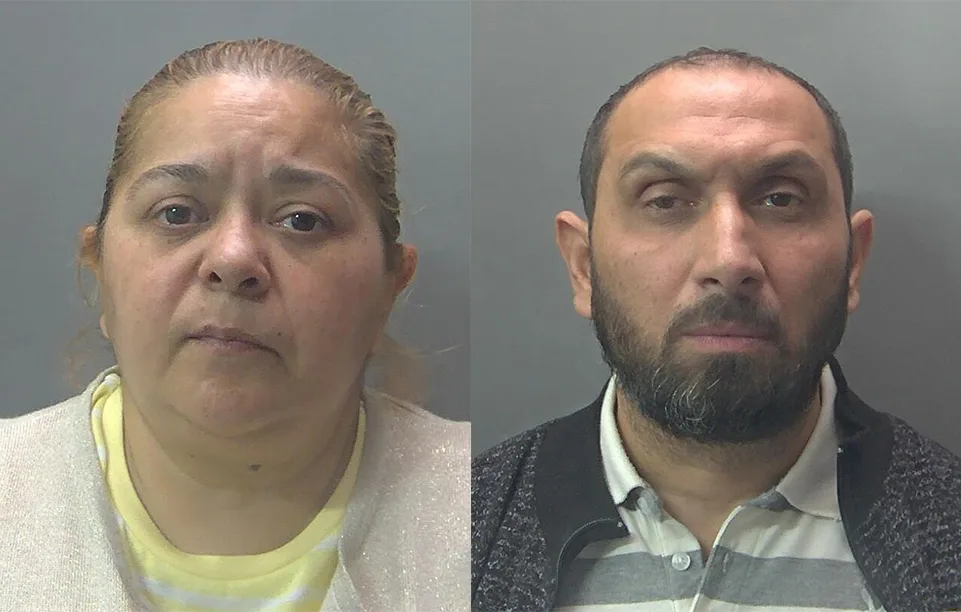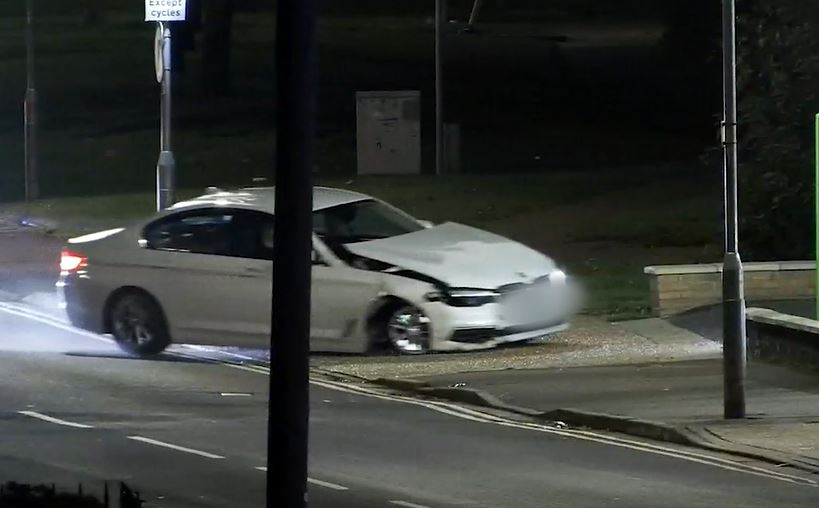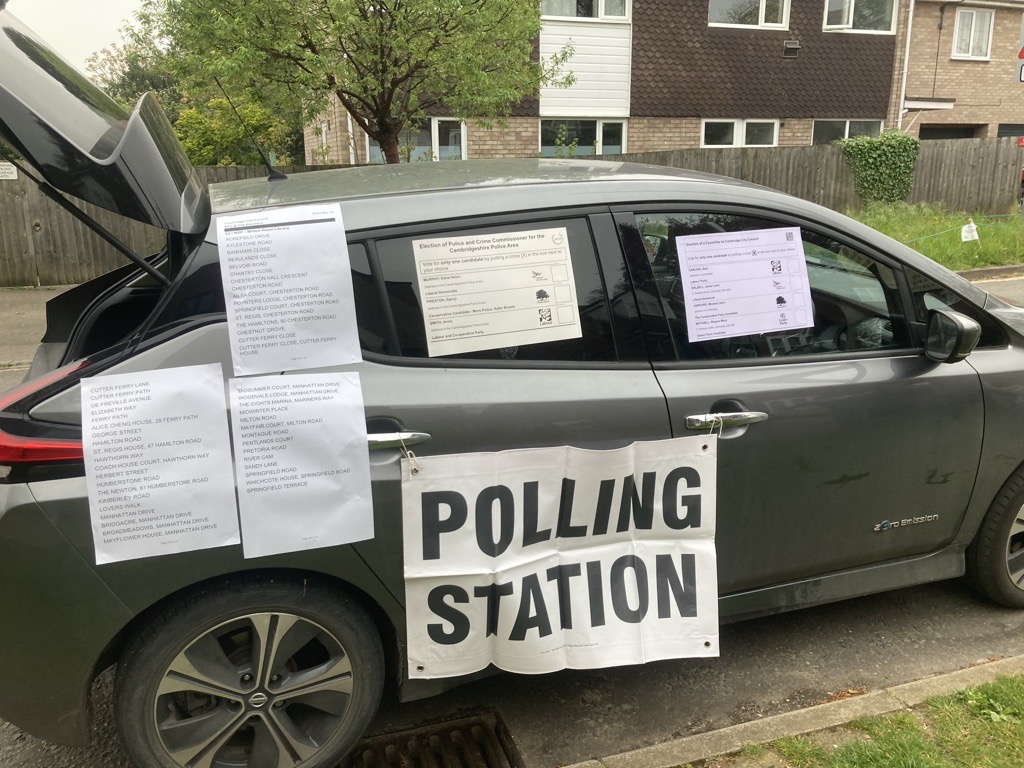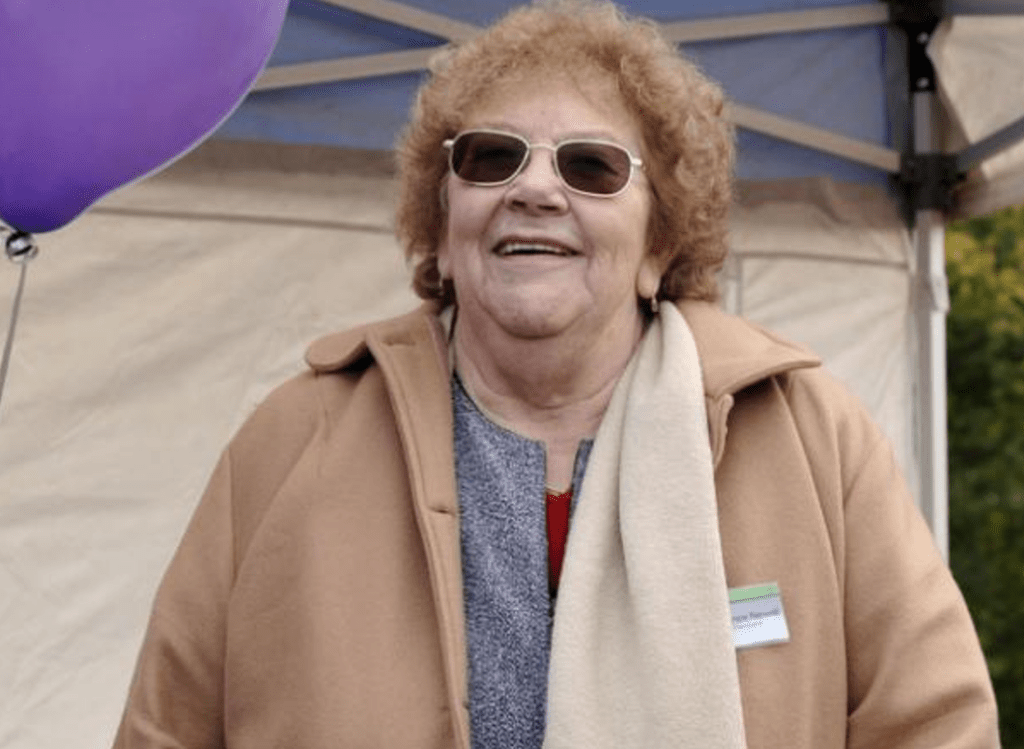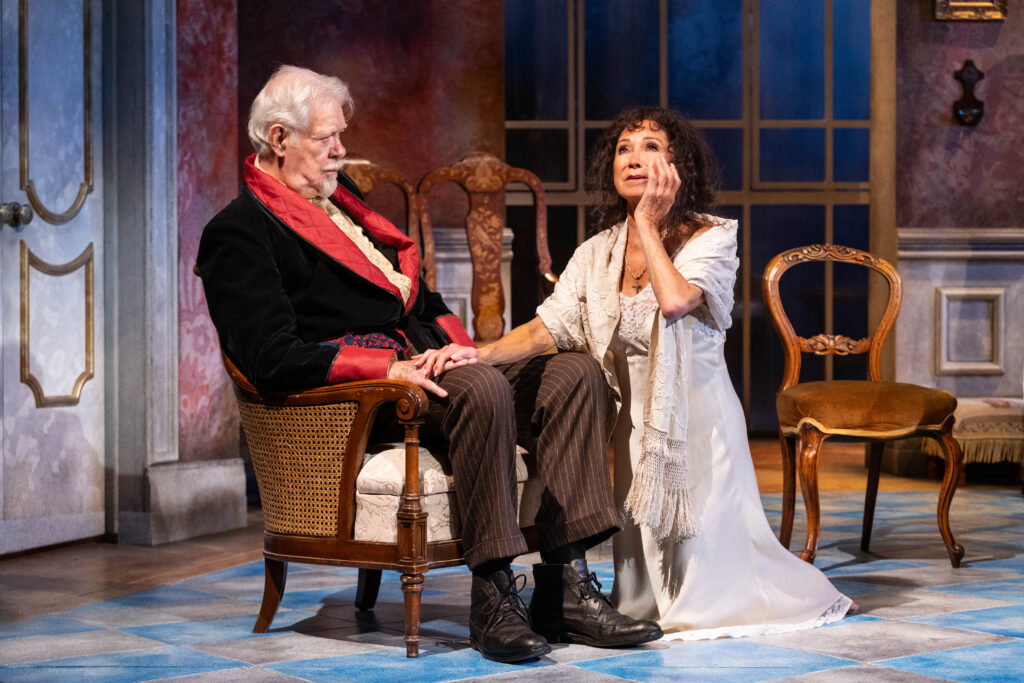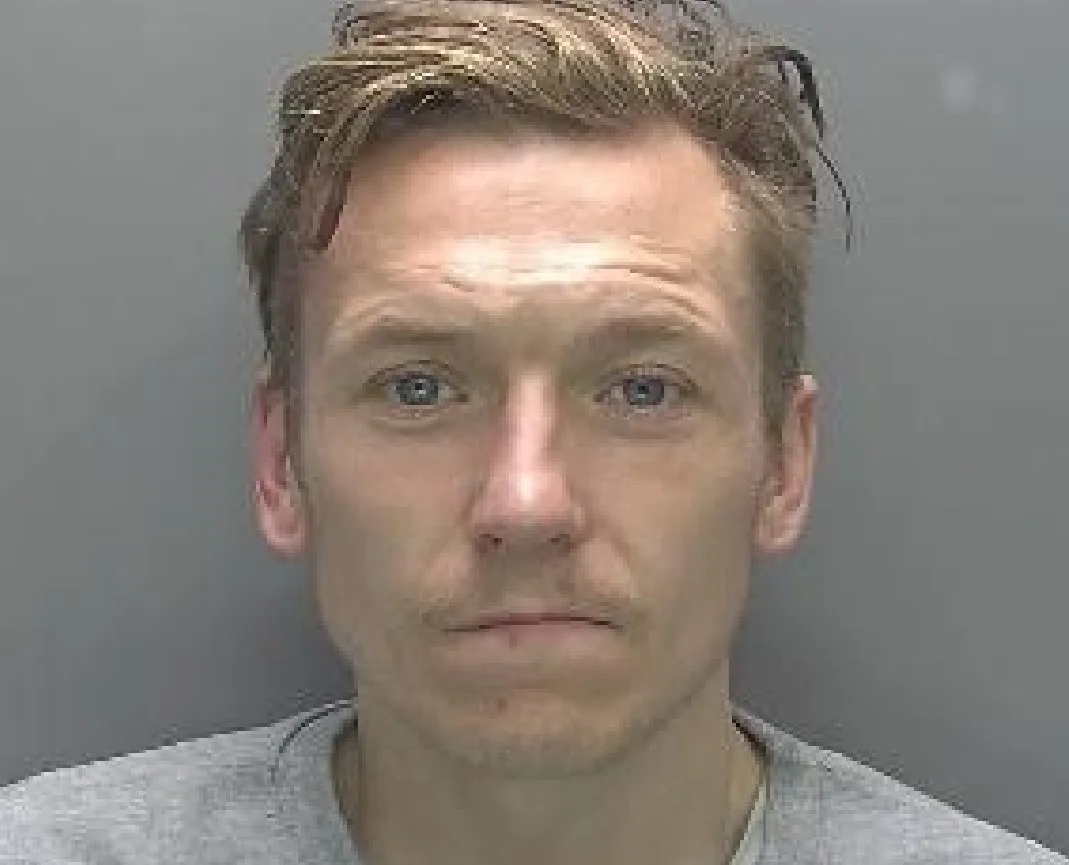Police and crime commissioner Darryl Preston has spoken of the “critical role” by support workers who helped the victim of a high profile modern slavery case in Peterborough.
And he added: “Intelligence reported by the public is vital for safeguarding victims.”
Mr Preston has released a blog – hidden in plain sight- about the efforts being taken to identify and support victims of modern slavery in Cambridgeshire and Peterborough
In the UK alone, there are estimated to be more than 100,000 hidden victims of slavery. Identifying them can be incredibly difficult with many too frightened or trapped to seek help of their own accord.
This is something Mr Preston says he has been working hard to change here in Cambridgeshire and Peterborough.
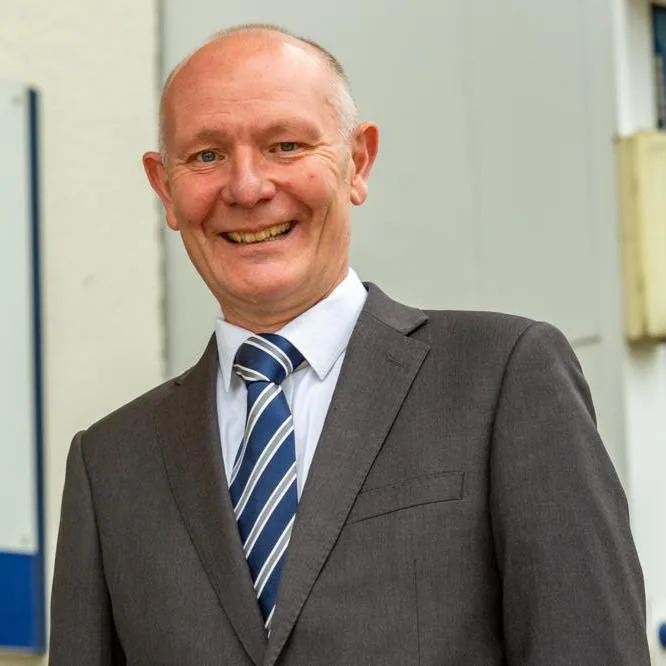
Specialist victim care coordinators like Sarah* and Leila* who are based in the victim and witness hub support efforts by Cambridgeshire police.
Modern slavery is an umbrella term used to describe crimes in which a person or people are severely exploited by others for personal or commercial gain.
It can also encompass human trafficking which involves the recruitment or movement of people for exploitation by the use of threat, force, or abuse of vulnerability.
It’s not just an urban problem, isolated rural areas are just as likely to be impacted by slavery – and in fact offer an even greater cover for those intent on exploitation.
High profile Peterborough case
Leila recently played a critical role in supporting the victim of a high-profile case in Peterborough. The victim, who had been persuaded to move from Slovakia to the UK in October 2013, was subjected to violence and intimidation by relatives who stole thousands from her in wages over a period of four years – even forcing her to give up a new-born child.
Julia Rafaelova, Milan Nemeth and Skarletta Rafaelova were convicted of multiple charges including slavery and child abduction after being found guilty following trial.
Julia Rafaelova is now serving a ten-year jail sentence while Milan Nemeth was sentenced to two years.
Skarletta Rafaelova, meanwhile, was sentenced to two years in prison, suspended for two years.
Without Leila’s constant practical and emotional support over the past four years, the victim would almost certainly have found the process too difficult and withdrawn from her engagement with the police investigation and subsequent prosecution – highlighting the huge value of the Victim and Witness Hub.
For every successful investigation like this one, thousands more cases remain hidden with victims forced into silence.
“Seeking support, for a migrant victim, is very difficult,” explained Leila who speaks three languages including her native Romanian.
“On top of all the other barriers – being threatened, not having anyone close, not being allowed to leave the house, no access to a phone or health care, all basic needs we take for granted – they have little knowledge of their rights which makes them extremely vulnerable/
“It could be your next-door neighbour who has a brothel. It could be the person who does your nails or washes your car – they are hidden in plain sight. The community needs to be more open-minded.
“Now we’re doing more outreach work, we see more vulnerable people. The sad thing is they do not identify themselves as being victims. Some of them think this life is better than what they had back in their home countries.
“But we are working with partner agencies such as the Gangmasters and Labour Abuse Authority (GLLA) and with recruitment agencies trying to build a better connection with them.
“Recruitment agencies are often the first point of contact for these victims and we’re encouraging them to get in touch if they see any signs.”
Victim arrived through forced prostitution
In the recent case, the victim arrived in the UK pregnant through forced prostitution.
She was made to live in an overcrowded property in Peterborough and slept on a mattress on the kitchen floor. She was forced to clean the house, cook meals for the family and even shoplift whilst also enduring the unimaginable pain of being forced to give her child up for adoption.
In addition, Julia claimed benefits on her behalf and ensured wages she earned via a recruitment agency were paid into her own account.
Leila explained: “She was really ashamed by the situation she was in; the fact they had made her steal from shops and do horrible things.
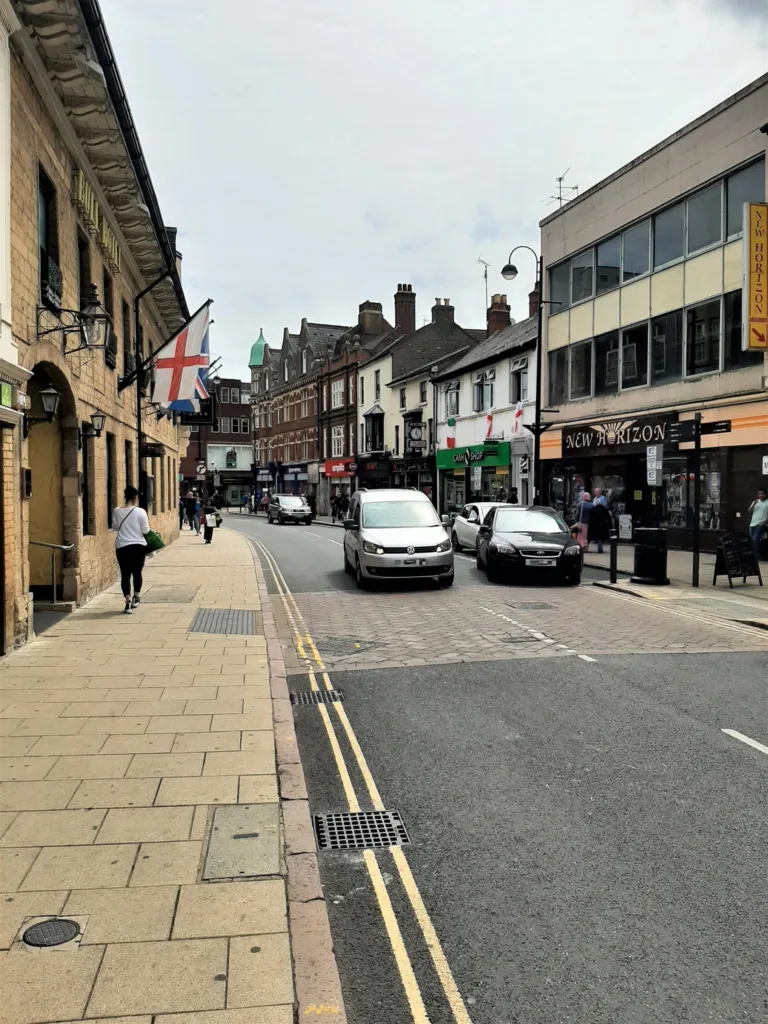
Westgate, Peterborough, where for one woman, her life changed forever for the better.
The woman was forced to beg for money, attacked when she didn’t earn enough and had every aspect of her life controlled by her boyfriend.
She didn’t have a bank account and wasn’t allowed a phone, Facebook or any social media apps.
One passer-by spotted the woman begging and noticed something wasn’t quite right. She was concerned the woman looked bruised and dirty. Motivated by nothing other than incredible kindness, the woman took her to a pharmacy, to Primark for some new clothes and to her own home for a shower.
It is here that the woman confided in her about the domestic abuse she had been suffering for years.
“Developing her trust was challenging because the systems are so different to her own country, it was hard to make her understand what would happen and what the next stages were. How can you trust a stranger after what her family had done to her, how do you get through that?
“With the help and support of local partner agencies and commissioned services, we provided immediate help and support for basic things we take for granted such as a safe place to live, access to medical care, food, and toiletries.
“I kept in contact with the officer in charge of her case and created a trusted bridge between the police and the victim, making sure she continued to feel confident in supporting the investigation. I also joined her alongside the interpreter that helped her during any visits.”
Sarah*, who works alongside Leila as a specialist victim care coordinator in the Victim and Witness Hub, said the support reached a critical stage during the trial, which had been delayed several months due to Covid.
“One of the biggest challenges was supporting to her during the trial when she had to relive the most traumatic experience she had ever been through when cross-examined in court by several different barristers.
Leila added: “Initially, she was supposed to give evidence for one day, but she was in court for five full days. She wanted to stop several times as she was still incredibly vulnerable but managed to cope as she knew that what happened was not her fault. It could have happened to anyone.”
Sarah said the transformation in the victim’s wellbeing since 2019, when she was first to referred to their care, had been remarkable.
“She did change a lot from the first day we met her,” she said.
“She has her own family and is much more confident than when I first met her. Some victims need more support than others but when you see the result, that’s where it’s very rewarding to look back and think ‘wow, we helped to get her there’.”
Importantly, support is available for victims of slavery for as long as they need it from the Victim and Witness Hub.
Support for victim ongoing
“Even though this particular case is closed, and the perpetrators sentenced, we are still supporting the victim,” explained Leila.
“She still needs us. We are supporting her with an application for criminal injuries compensation. It’s an ongoing case for us.”
Both Leila and Sarah are working in an outreach capacity in the community and proactively join police officers on operations, so they are able to provide immediate care and support to manage victims of exploitation.
However, information and intelligence reported by the public continues to be vital for safeguarding victims. This is why considerable time is spent by the team ensuring professionals in contact with migrant workers understand the signs of slavery.
If you have any concerns or want to report modern slavery, you can do so on Cambridgeshire Constabulary’s online crime reporting service. You can also call 101 at any time.
For more information about the support available for victims of modern slavery visit:
Victim Services | Migrant Victims of Exploitation (cambsvictimservices.co.uk)
Modern slavery | Cambridgeshire Constabulary (cambs.police.uk)
*Names have been changed to protect anonymity.


